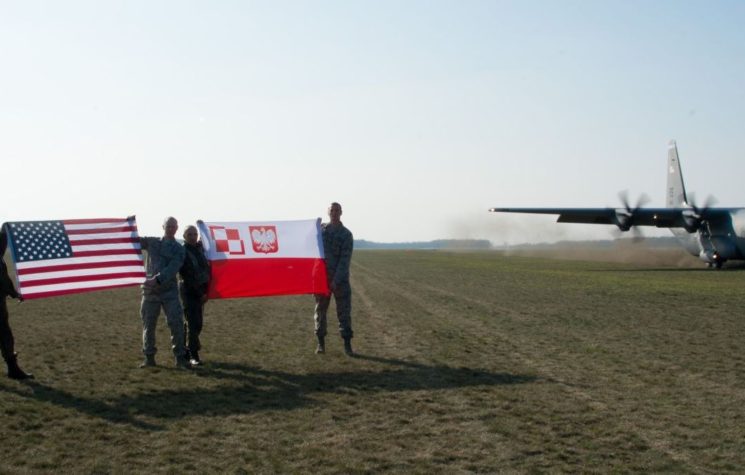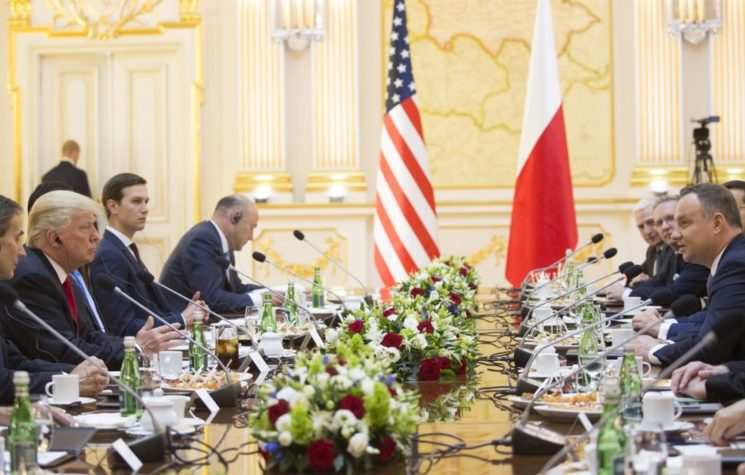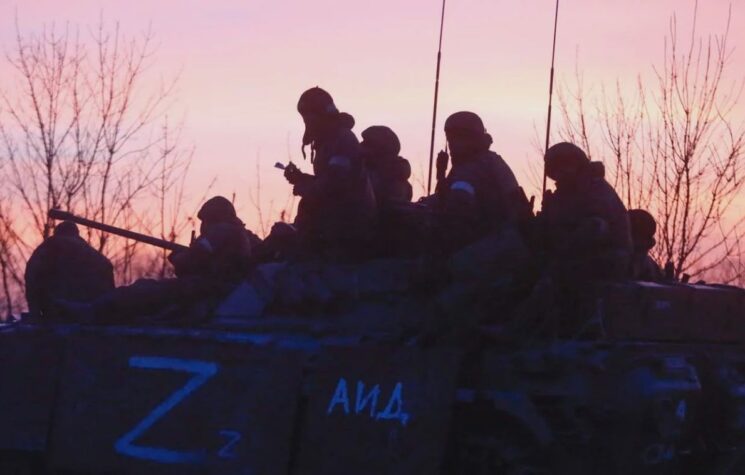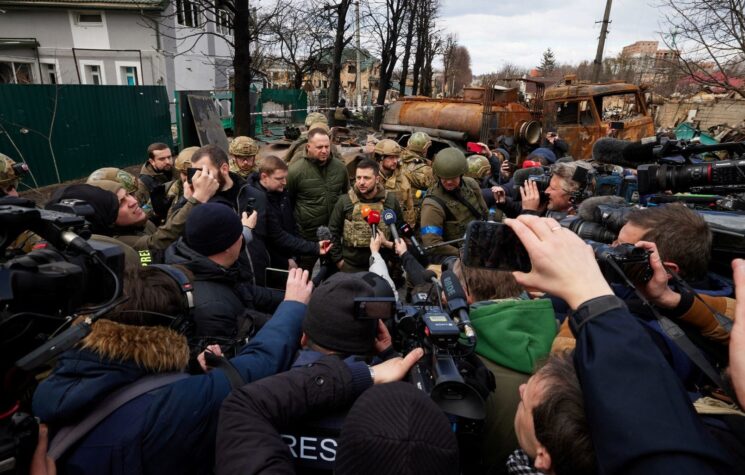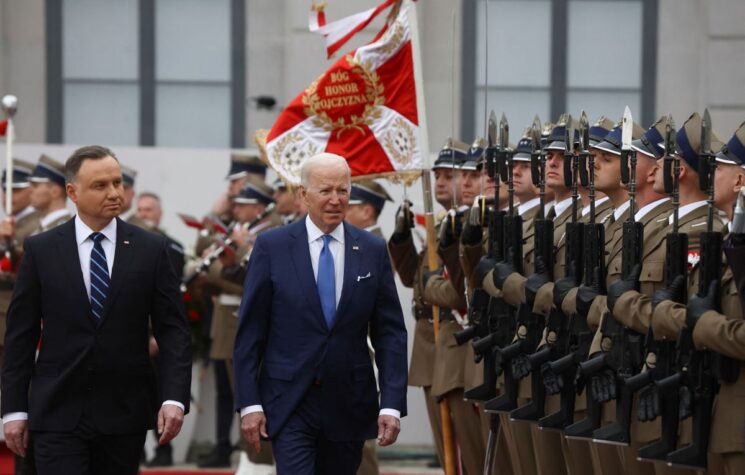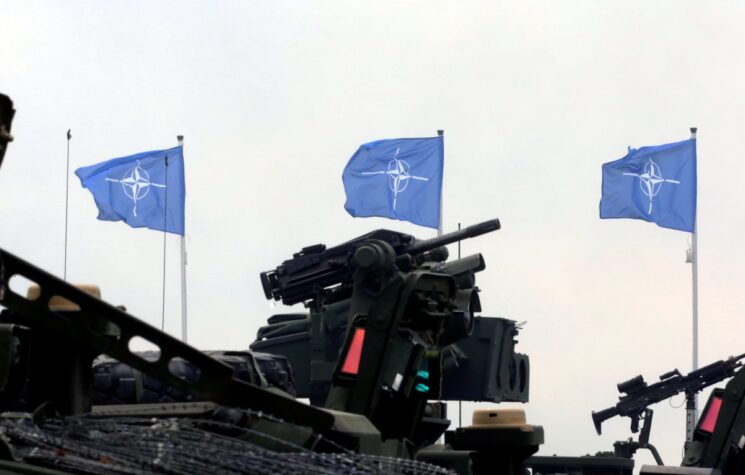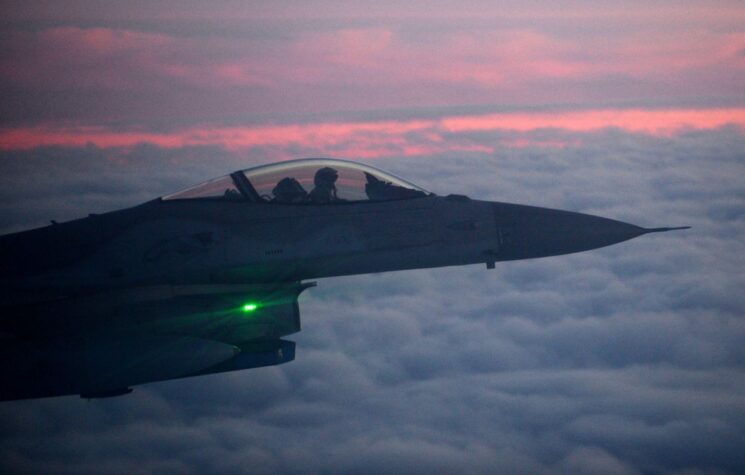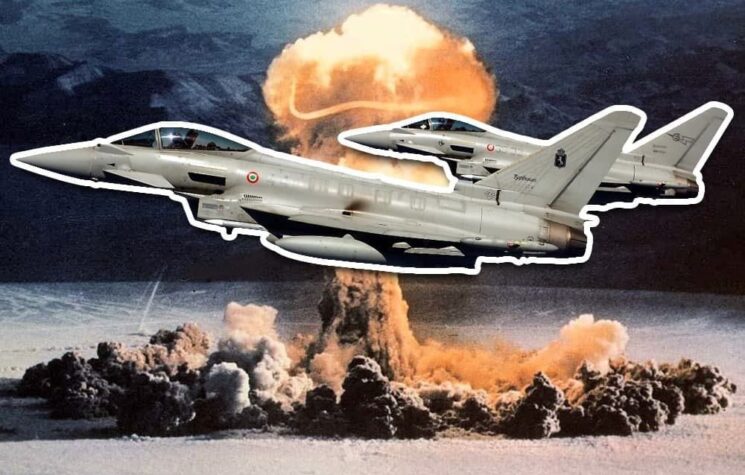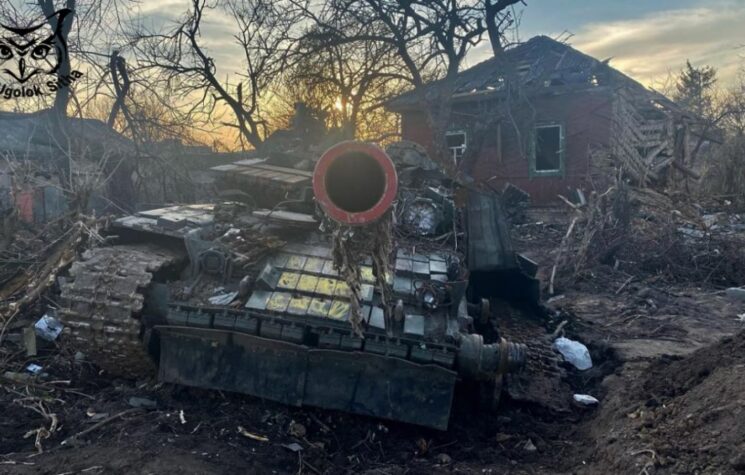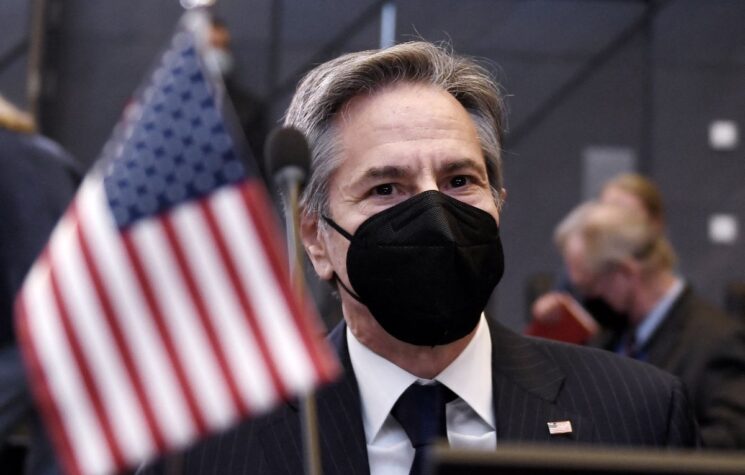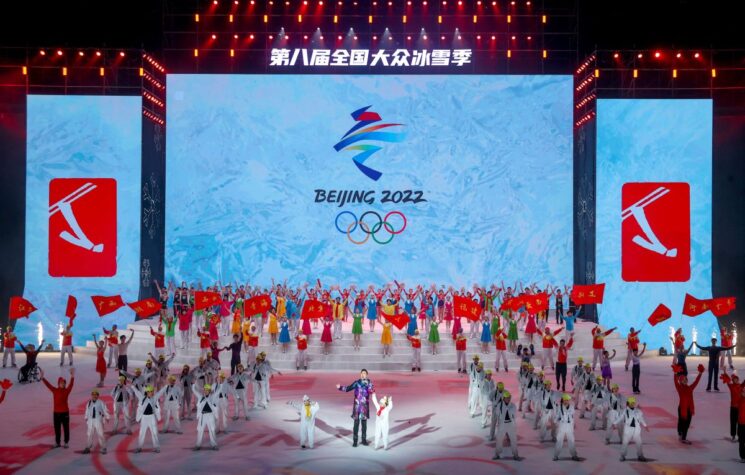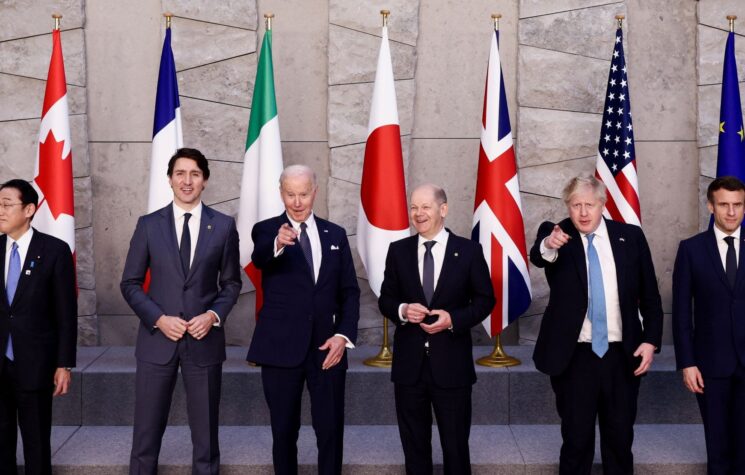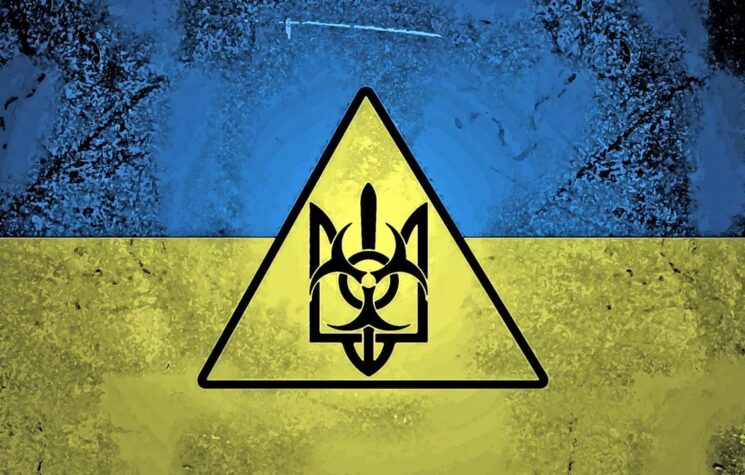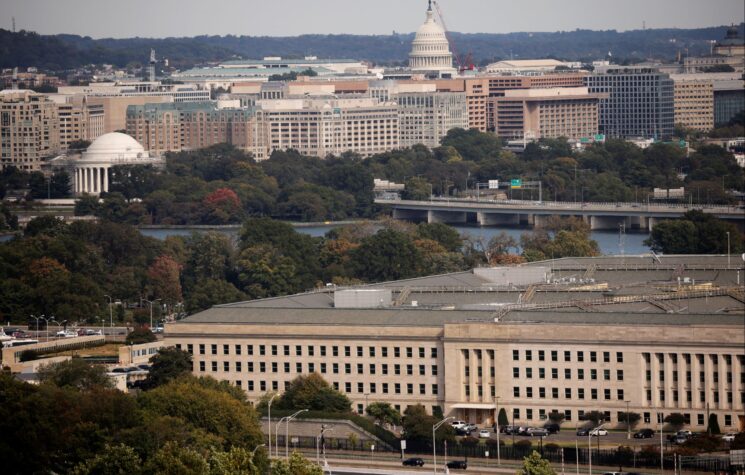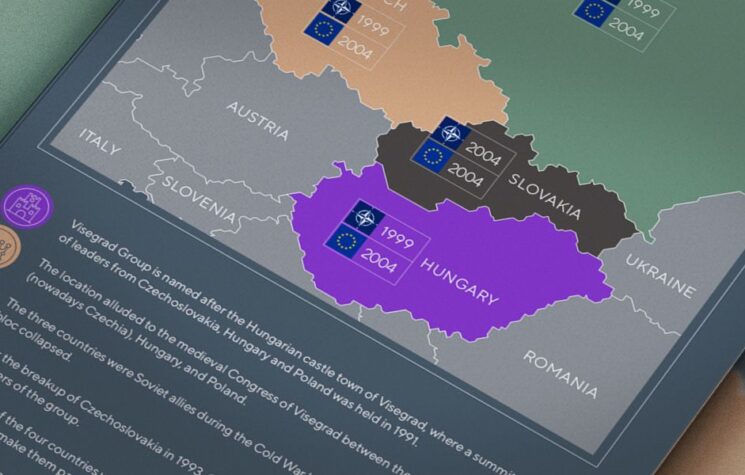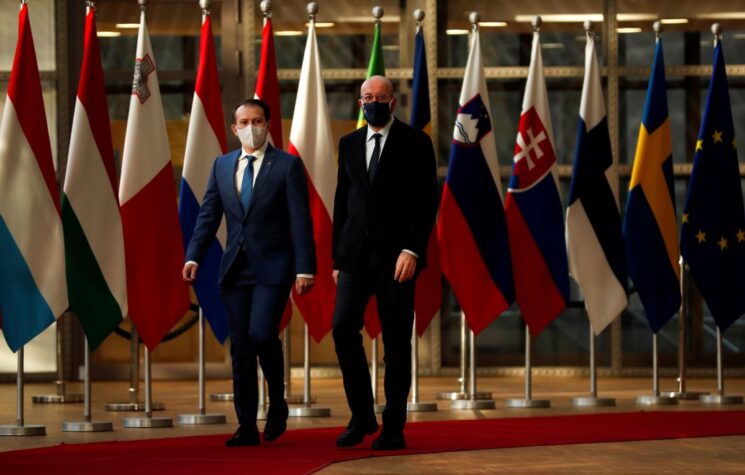On September 24, while the Ukraine corruption scandal was gathering momentum in Washington, the US Air Force’s 31 Fighter Wing deployed F-16 strike aircraft to Graf Ignatievo Air Base in Bulgaria as part of Exercise Rapid Buzzard which has the aim of improving the “joint warfighting capability” of the US and Bulgarian air forces. It is hardly coincidental that Bulgaria has undertaken to spend $1.27 billion on buying F-16s, resulting in the US State Department declaring that “We salute Prime Minister Boyko Borisov and the Bulgarian government on its commitment to modernize its military through the acquisition of these highly capable, NATO interoperable aircraft.”
The build-up of US-NATO offensive weapons continues unabated round Russia’s borders, with Bulgaria being described by the State Department as “a reliable ally in an area of strategic importance to the United States.” In New York, the day before the F-16 redeployment, US and Polish Presidents Trump and Duda signed a joint agreement to greatly increase military cooperation and “develop the plan to bolster Polish–United States military ties and United States defence and deterrence capabilities in Poland.”
The increase in US military commitment to Poland involves establishment of six bases, from Poznan is the west to Lubliniec in the south, accommodating forces including a divisional headquarters, an attack drone squadron, a combat aviation brigade and a special operations force “facility”. Discussions are taking place about “the most suitable location in Poland for an armoured brigade combat team.”
Meanwhile, in sanity land, Deutsche Welle reported on 2 October that “news of an agreement reached Tuesday between Ukraine and pro-Russia separatists was met with optimism in Russia and Germany” with Chancellor Merkel, arguably the most able leader in Europe, saying that it is an “important step.” The move towards rapprochement resulted from agreement by Ukraine’s President Volodymyr Zelenskiy to allow local elections in the Donbass regions of Luhansk and Donetsk where there has been an uprising against the Kiev government by Russian-speaking, Russia-cultured separatists.
This welcome development resulted in further optimism that there will be another series of discussions in the near future between Presidents Zelenskiy, Putin and Macron together with Chancellor Merkel, reviving the “Normandy Format” aimed at resolving the situation in eastern Ukraine on the lines of the peace agreement signed in Minsk in 2015.
Not much appeared in the western media about these initiatives, but Xinhua reported the French foreign ministry as stating that “France welcomes this progress, which was facilitated by the intense negotiations conducted over the last few weeks within the so-called Normandy format between France, Germany, Ukraine and Russia. The conditions have now been met for the forthcoming meeting of heads of state and government in the Normandy format aimed at making progress toward a lasting settlement of the conflict in Ukraine,” involving the separatists in the east of the country.
Although the modest progress was generally welcomed in Europe, there was no endorsement from Washington. This is understandable, because the entire government and media of the United States are obsessed with a massive scandal involving President Trump’s intention to have Ukraine confirm that his main 2020 presidential election opponent, Joseph Biden, had been in some way involved in shady dealings with Ukraine’s government. Further, as Time magazine summed up matters, it is said that Ukraine had “found a way to conspire against [Trump] during the 2016 election, and to collude with his rival, Hillary Clinton, by hiding the Democratic National Committee’s email server and feeding her allies dirt about Trump.”
All this was decidedly awkward for the US media, which has made it clear in the past that Ukraine, although corrupt to the core and verging on ungovernable, must be seen as a shining light of democracy, while neighbouring Russia is intent on extinguishing its sparkling example of freedom and social advancement. Washington ignores such inconvenient agencies as Human Rights Watch which in its 2019 Report observed that “The Ukrainian government continued restrictions on freedom of expression, freedom of information, and media freedom… These ranged from threats and intimidation to restricting journalists’ access to information.”
In July the US Senate approved a Resolution “marking the fifth anniversary of Ukraine’s Revolution of Dignity by honouring the bravery, determination, and sacrifice of the people of Ukraine during and since the Revolution, and condemning continued Russian aggression against Ukraine.” Tellingly, this drum-thumping ratification of aggression “applauds the progress that the Government of Ukraine has made since the Revolution in strengthening the rule of law, aligning itself with Euro-Atlantic norms and standards, and improving military combat readiness and interoperability with the North Atlantic Treaty Organization.”
While the thrust of the Resolution was military confrontation, the most interesting paragraph concerns an important trade matter : the Nord Stream 2 pipeline which is intended to double the capacity of the existing pipeline conveying Russian gas to Germany. As Forbes noted in July, “Russia continues to dominate the global natural gas trade, accounting for 26% of global natural gas exports.”
The Senate disapproves of this impending improvement to the economies of Russia and Germany (and Europe as a whole) and alleges that in some strange fashion completion of the pipeline would “further undermine Ukraine’s economic stability, and threatens to increase the country’s vulnerability to further Russian military incursions.” There is no explanation offered as to how, exactly, the building of a gas pipeline of mutual benefit to provider and recipient can result in military incursions, but this sort of detail is irrelevant to deliberations and decisions in Washington.
What it all comes down to is the possibility of economic advantage to the United States, which would benefit enormously if Nord Stream 2 were cancelled, because Washington would then encourage Germany to import US gas, at a considerably higher price, with much profit to US producers.
Forbes notes that with “record production, and the most efficient and competitive natural gas industry in the world, the future shines bright for US gas exporters,” while “Although not as fast growing as China and India, Europe will remain a focus for US natural gas shippers.” Of course it is a focus, and it is not surprising that in July the US Senate legislated sanctions on companies and individuals involved in construction of the Russia-Germany Nord Stream 2.
Washington’s combination of military confrontation and economic sanctions in its campaign against Russia has no moral basis, and Ukraine has no reason to be confident that it will benefit in any way from the current uproar over the 2016 election fandangos. As a Washington Post Editorial had it on 4 October: “the White House was conditioning security assistance on Ukraine’s promise to conduct the politically motivated investigations.” That is not the way allies operate, but then Washington isn’t an ally to anyone unless there is a promise of economic advantage to the Military-Industrial Complex. That is why the Washington Establishment prefers confrontation to dialogue and cooperation.








